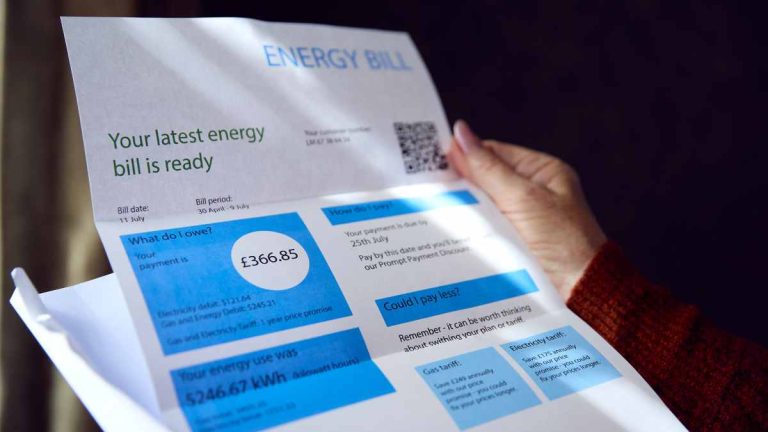Households across Britain are bracing for higher energy bills this winter, as experts forecast the energy price cap will rise following two previous reductions this year. According to industry analysts Cornwall Insight, the average household could see energy costs climb by 9% when Ofgem, the energy regulator, announces the latest price cap adjustment.
The price cap, which determines the maximum amount energy suppliers can charge for each unit of gas and electricity, is expected to push the typical household’s energy bill to £1,714 annually from 1st October. This marks a significant increase from the current £1,568. The price cap is updated quarterly and is influenced by various factors, including wholesale energy prices – the cost energy firms pay before supplying electricity and gas to homes.
Winter Impact On Household Budgets
This projected rise means households will be entering the colder months with higher bills, compared to the relief they experienced earlier this year when the price cap was reduced. However, the new cap will still be lower than the peak of the energy crisis last year, which was largely driven by the ripple effects of Russia’s invasion of Ukraine in 2022.
Last October, the price cap reached £1,834, meaning this year’s expected cap will be £120 lower. Despite this, experts warn that bills remain significantly higher than pre-crisis levels. Jess Ralston, from the Energy and Climate Intelligence Unit, emphasised that winter energy bills will still be about 50% higher than before the crisis due to the UK’s ongoing reliance on gas and limited progress in energy efficiency and heat pump adoption.
Continued Volatility In Energy Markets
Cornwall Insight also anticipates a “modest” increase in the price cap in January 2025, with further potential rises early in the new year as tensions in the Russia-Ukraine conflict continue to disrupt global energy markets. Craig Lowrey, principal consultant at Cornwall Insight, expressed concern that many households may have been hopeful for a steady return to pre-crisis energy costs.
“After two consecutive falls in the price cap, many hoped we were heading back to more stable, pre-crisis energy prices,” Lowrey said. “Unfortunately, the energy market remains volatile and susceptible to global supply shocks.”
Pensioners and Vulnerable Households
The Government’s recent decision to scale back winter fuel payments adds further strain to the most vulnerable households. The payment, previously available to all pensioners above the state pension age, will now only be accessible to those receiving pension credits or other means-tested benefits. This move is set to affect nearly 10 million pensioners, with the number of recipients falling from 11.4 million to just 1.5 million.
Ralston noted that the removal of these payments could cause real hardship, particularly as energy costs rise. “With bills going up and fewer pensioners eligible for the winter fuel payment, it remains to be seen if the Government will introduce measures to support those hardest hit,” she added.
As the country prepares for a cold winter, concerns grow about how households will manage higher energy costs and what further action the Government might take to alleviate the financial burden on the most vulnerable.


